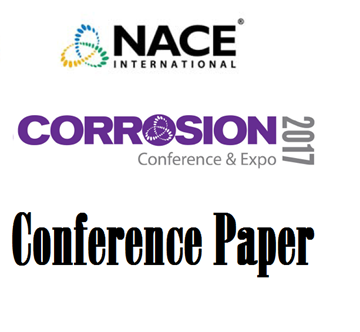Search
Products tagged with 'low cycle fatigue'
View as
Sort by
Display
per page
51317--9669-Effect of Strain Rate on the Crack Growth Rate of 718 Under Cathodic Potentials
Product Number:
51317--9669-SG
ISBN:
9669 2017 CP
Publication Date:
2017
$20.00
Coke Drum Weld Design for Better Fatigue Performance
Product Number:
51323-19182-SG
Publication Date:
2023
$20.00
Understanding Sour Service Performance of Coiled Tubing
Product Number:
MPWT19-14407
Publication Date:
2019
$0.00



